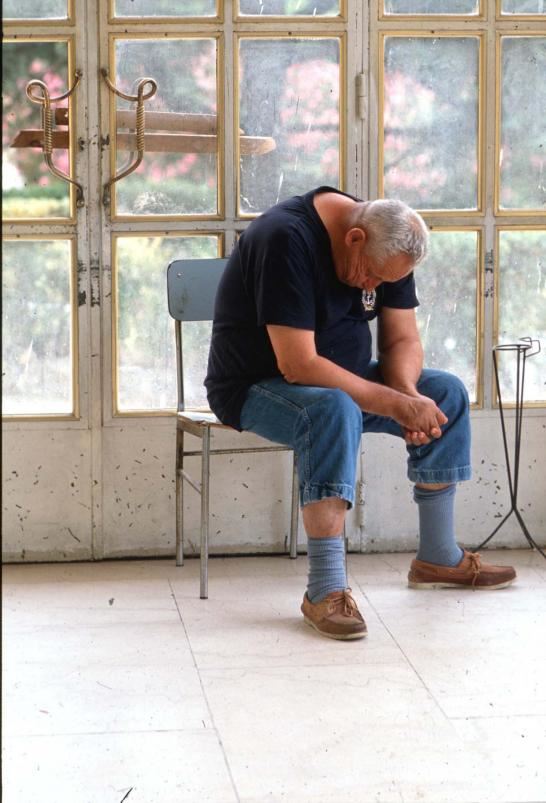Even if the pandemic has accentuated the demand for psychosocial interventions, and while neurodegenerative pathologies increase hand in hand with the aging of the population, the response of the approximately 500 Centers for Cognitive Disorders and Dementias (Cdcd) scattered throughout the country, where an average of 5 operators work, is still not adequate. There are “criticalities” both for the total number of specialist doctors (psychiatrists, neurologists and geriatricians are the most requested), and for the scarcity of other health professionals. Furthermore, 25.4% of CDCs are only open one day a week.
This is what emerges from the survey conducted by the Dementia Observatory of the Higher Institute of Health (ISS) between July 2022 and February 2023, the results of which refer to the activities of 2019. The report highlights that a quarter of CDCs are open only one day a week. Among those open 5 days a week, the majority (43.5%) are located in the North, 27.5% in the Center and 24.6% in the South. About a third of these Centers – reports the ISS – it is directed by a neurologist, another third by a geriatrician and in just under another third at least two of the three fundamental medical figures operate (neurologist, geriatrician, psychiatrist), while in 5% of cases it is the psychiatrist who coordinates. In the staff of the structures, there is also a shortage of nurses, physiotherapists, speech therapists and cultural mediators.
In the midst of the pandemic, in 2020, the survey highlights, 63.2% of the CCDCs “remained partially closed”, of these around 44% for more than three months. This figure decreased to 18.4% in 2021, with a closure percentage exceeding three months of around 40%. Aspects, says Nicola Vanacore, director of the ISS Dementia Observatory, «that photograph the critical issues of the health offer for the CDCs. From a public health point of view, it is essential to be able to have a greater number of professionals and personnel with different profiles in the CDCs, which represent a crucial node for the diagnosis and management of people with dementia, in order to be able to exploit more and more an inter-professional team work and to make it available and widespread throughout the national territory». The results of the study, adds Vanacore, “are very important since we are talking about a problem that involves around two million people in Italy with mild cognitive impairment or dementia and around three million Italians, including family members and caregivers, who live with them”.
512 CDCDs out of 540 (95%) participated in the survey. 80.9% of these Centers are present on the national territory with single offices while 19.1% have territorial branches for a total of a further 163 structures. 9.2% of the centers are located in universities or in IRCCS (scientific hospitalization and treatment institutes), 44.1% in the local area and 46.7% in hospitals. A total of 2,568 professionals work there, of which 14% unstructured. «In 29.9% of the Centers – reads the report of the Higher Institute of Health – at least one neuropsychologist works and in 26.6% at least one psychologist. In 58.8% of CDCs at least one nurse is employed, in 16.2% a social worker, an administrative assistant (8.9%), a speech therapist (8.4%), a physiotherapist (6.4%), a geneticist (1.6%), an occupational therapist (1.1%), a cultural mediator (1.1%) and a linguistic interpreter (1.1%)». Numbers that do not allow to keep up with an ever more accentuated demand for services.
